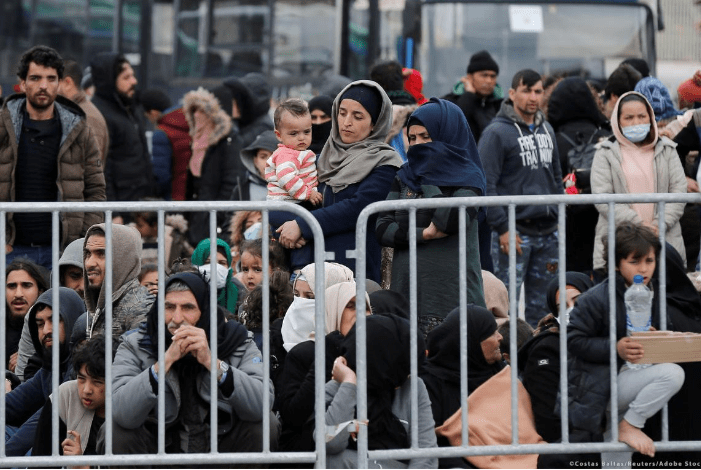The situation of refugees in Greece calls for a concerted EU response to avoid a Covid-19 outbreak, according to MEPs on the civil liberties committee.
As Europe grapples with the challenges of the coronavirus crisis, concern is also growing over the living conditions of asylum-seekers in camps on the Greek islands.
The situation at the Greek-Turkish border escalated at the beginning of March when Turkey opened its borders to asylum seekers and refugees by breaking the 2016 migration pact with the EU.
Videoconference meeting
In a virtual meeting, the civil liberties committee discussed the current border situation and the need to avoid this humanitarian crisis turning into a public health issue with the Greek government. Representatives from the European Commission, Frontex and the EU’s Fundamental Rights Agency joined MEPs in stressing the importance of solidarity and the unity of the European Union to help mitigate the growing crisis.
Measures in place
Together with member states and EU agencies, the Commission has set up an emergency contingency plan, regularly monitors the situation and has adopted new measures.
Two rapid border interventions were launched:
- Additional border guards have been deployed a
- Greece activated the Civil Protection Mechanism, resulting in more than 90,000 items of assistance to the camps being giving to Greece by EU countries.
All migrants arriving in the hotspots undergo a mandatory health check. Newly arrived and rescued people are kept in separate areas until their medical screening has been completed.
The Commission has allocated a budget of €350 million in continued support for Greece, where most of the refugees and migrants arrive, €50 million of which will be for medical care.
With the support of the International Organization for Migration and Frontex, a voluntary scheme has been set up to encourage people to go back to their home countries.
More support needed
Notis Mitarachi, the Greek Minister for Migration and Asylum, said that many special measures had been taken to prevent a Covid-19 outbreak in the camps on the islands, but that more support was needed.
MEPs called for more support, accommodation facilities and medical equipment, extending relocations to families, extending existing asylum deadlines and considering doing interviews virtually.







Leave a Reply